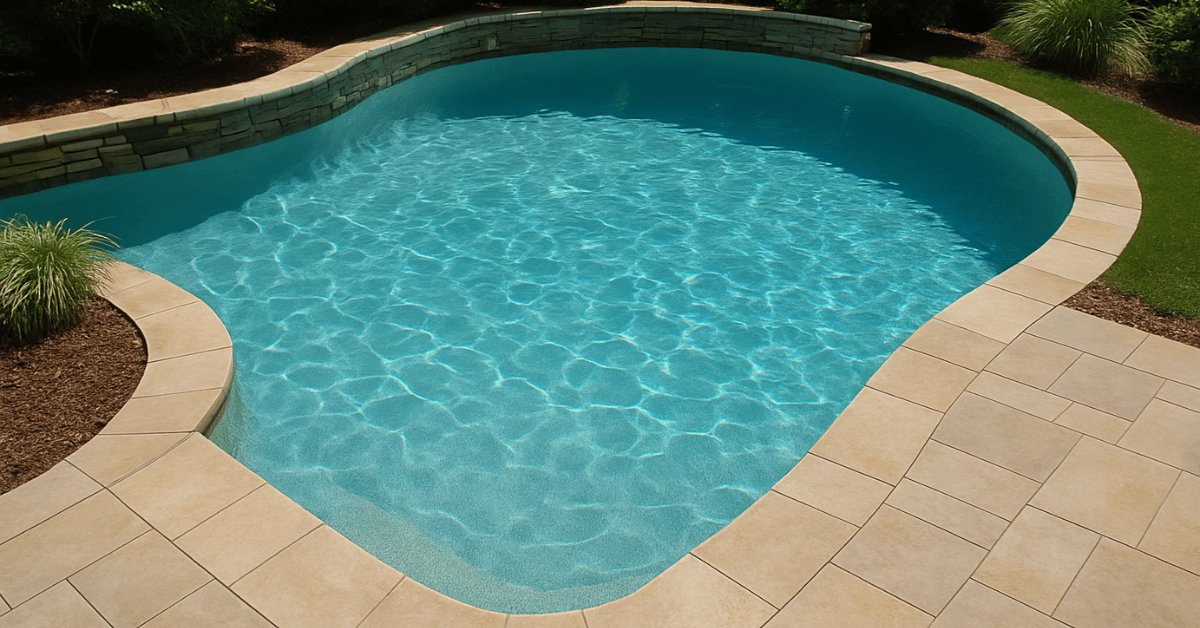Tips for Extending the Life of Your Pool Plaster
1. Regular Brushing
Brushing your pool regularly is one of the simplest yet most effective ways to extend the life of your pool plaster. Daily or at least weekly brushing helps remove dirt, algae, and other organic matter that can cling to the surface, causing stains and rough spots over time. It also prevents the buildup of calcium deposits that can lead to surface etching. Use a brush appropriate for your pool’s plaster type – softer brushes for polished finishes and stiffer ones for rougher aggregate surfaces. This simple routine can significantly reduce long-term maintenance costs and keep your pool looking its best.
2. Seasonal Inspections
Inspecting your pool plaster at the start and end of each swimming season is crucial for early damage detection. Look for cracks, chips, discolouration, or rough patches, indicating underlying issues like water chemistry imbalance, structural shifting, or physical wear. If you notice any rough areas, stains, or signs of etching, consider consulting a pool professional to assess the damage before it worsens. Seasonal inspections not only help you catch minor issues early but also extend the overall lifespan of your pool plaster, saving you from costly repairs down the line.
3. Professional Servicing
Scheduling regular professional servicing is another critical step in maintaining your pool plaster. Professionals have the expertise to identify hidden issues that might go unnoticed during routine cleanings. They can address problems like minor cracks, mineral deposits, and surface scaling before they escalate into major repairs. Professional services often include acid washing, deep cleaning, and specialised treatments that restore your plaster’s original look and feel, adding years to its life.
4. Water Chemistry Management
Proper water chemistry is essential for extending the life of your pool plaster. Imbalanced pH levels, high calcium hardness, or excessive alkalinity can cause scaling, etching, and discolouration. Regularly test your pool water and adjust the pH, alkalinity, and calcium hardness to recommended levels. A quality pool water testing kit or an automated monitoring system can make this process easier. Remember that even slight chemical imbalances can significantly impact the lifespan of your plaster, so stay vigilant to avoid costly repairs.




 Find Me Here
Find Me Here


Comments are closed